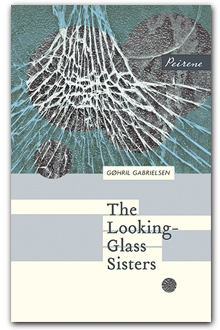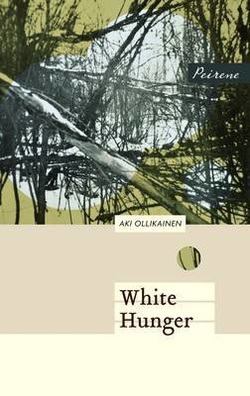
Into this miserable household comes Johan, upsetting the delicate balance between the sisters. The introduction of sexuality – neglected by Ragna since adolescence and never part of the younger sister’s experience at all – intensifies childish feelings of rivalry until the younger sister is completely overpowered. As the narrative continues, it becomes less and less clear how much of her paranoia stems from her isolating delusions and how much the malevolence of the new couple.
While this is the story of middle-aged loneliness and sibling rivalries, the seeds of destruction have been sown much earlier on. The parents seem to have been neglectful, especially of our narrator whose mysterious illness at the age of four was left to Ragna to monitor, resulting in a delay in getting her to hospital where she languished for several months without contact from her family. No wonder the elder sister’s jealous rage is threaded with guilt and the younger, fond of word games, feels her very existence is precarious (p181):
I exist, and do not know it.
I do not exist, and know it.
Perhaps it’s the internalisation of this early neglect that explains the women’s passivity, manifest in the absence of disability aids other than her crutches, along with Ragna’s inability to create a life for herself outside the house until Johan comes on the scene. The Looking-Glass Sisters is Gohril Gabrielsen’s second novel, published in Norwegian in 2008 and translated into English by John Irons.

the snow fell over her, in the end not entirely tucking her in, but devouring her, like a raging sea dragging a castaway into its depths.
We also see the famine from the perspective of those more fortunate: a doctor, his brother and the senator responsible for emergency relief.
While the story is essentially one of suffering, it ends with the melting snows of spring and the hope of recovery. The youngest child of the family has survived, and is adopted by a childless couple. He will be loved and yet, for me, the most poignant part of the novel comes when the little boy sits to eat from a rose-patterned bowl, clearly disturbed by the hazy recollection of a similar scene from his previous life. But, too young to put his experience into words, and with no-one left who can do it for him, he is condemned to be continually confused.
A prize-winning debut in the original Finnish version published in 2012, and beautifully translated into English by Emily Jeremiah and Fleur Jeremiah, I nevertheless found myself feeling on the outside of the story for most of the novella, unable to connect as much as I would have liked.





















 RSS Feed
RSS Feed





















